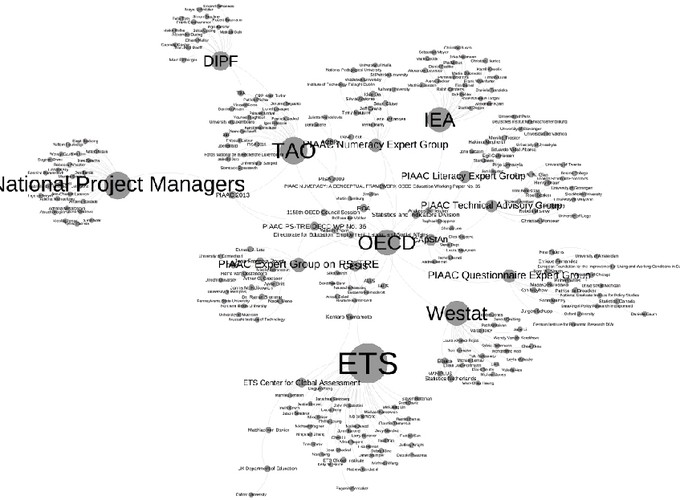Producing data through e-assessment: A trace ethnographic investigation into e-assessment events
Abstract
In this paper, I examine the role of human and digital actants in various material and spatial configurations during the Programme for the International Assessment of Adult Competencies (PIAAC) e-assessment events. It reports on an investigation into how data are produced and subsequently fed into statistical models that in turn produce analyses of skills in ‘centres of calculation’. These data are then used to produce reports, scientific papers, marketing documents and visualizations that profoundly affect how we understand concepts such as literacy or skill. Drawing upon the theoretical resources of Actor Network Theory, this investigation employs a new and innovative methodology, trace ethnography, to follow the distributed agency of hypermobile digital actants. I examine the detail of e-assessment events and interactions between coded technologies and people and how these are translated into statements about what it means to be literate. This, in turn, highlights the role of non-governmental organizations in influencing educational and economic policy-making through the intensification of data production.
